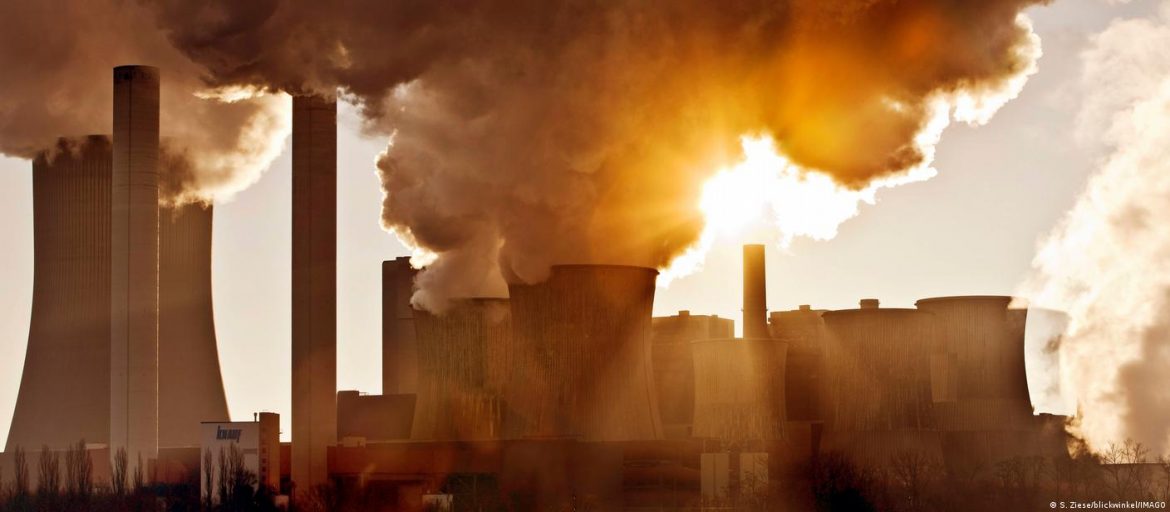Several new climate change-related rules that aim to establish financial incentives for limiting emissions and punishments for doing otherwise have received the final approval of EU member states.
On Tuesday, the EU’s 27 member states adopted changes to the so-called carbon market that will increase the cost of pollution for businesses operating in the continent and improve the EU’s primary instrument for discouraging carbon dioxide emissions in the industrial sector.
One of five new legislation handed final approval on Tuesday was a reform to the EU’s Emissions Trading System (EU ETS), also known as the bloc’s carbon market. The adjustment was proposed by the European Commission and approved by the European Parliament last week.
The announcement came when the environment ministers of the Union met in Brussels.
Since 2005, companies and power plants in Europe have been required to obtain permits to cover their CO2 emissions, with the costs rising when their usage exceeds industry standards.
Read Also: IRENA says $35trn needed in transitional technologies to limit global warming
The goal is to generate money for climate-related projects while providing financial incentives and punishments for maintaining reasonable emission levels.
The aviation industry, energy-intensive sectors, and companies that produce power are all affected. It will eventually be extended to include greenhouse gases like methane and nitrogen oxides that are not CO2.
As a result of the law, emissions from certain industries have decreased by 43% in the EU. However, it is difficult to determine how much of this reduction is due to coincidence and how much is a result of a correlation given the number of partially related scientific discoveries that have helped to reduce emissions.
As time goes on, the modifications will impose stricter standards and harsher punishments.
Story was adapted from DW
